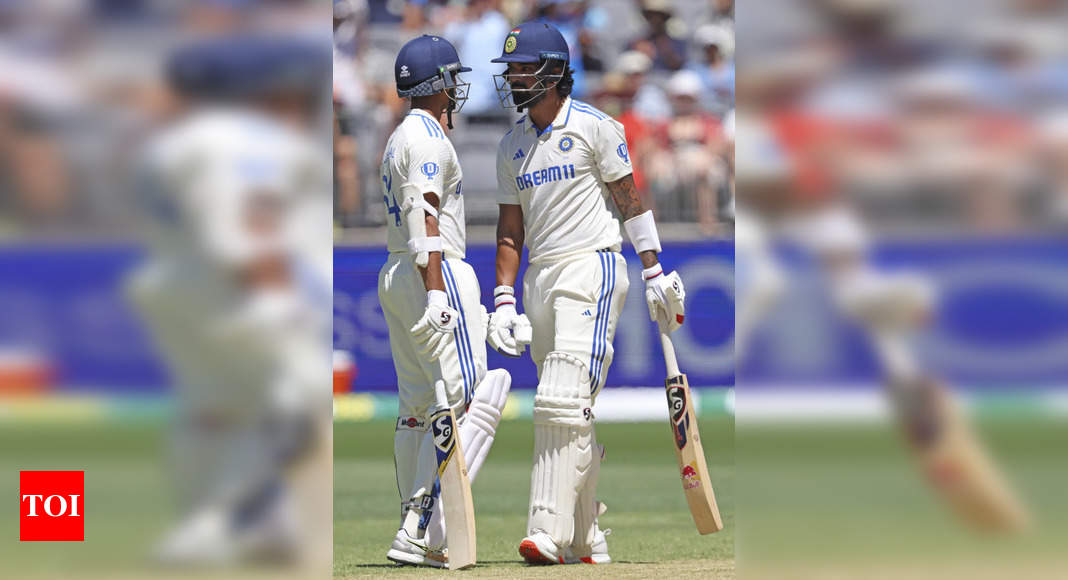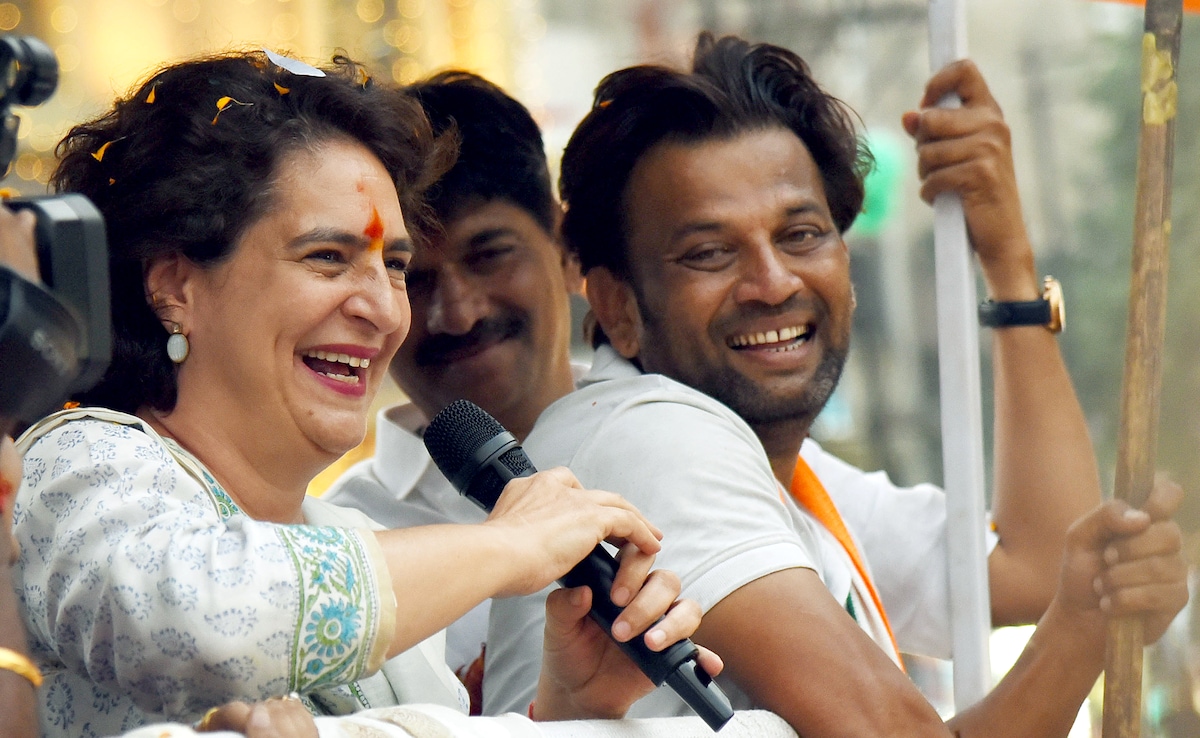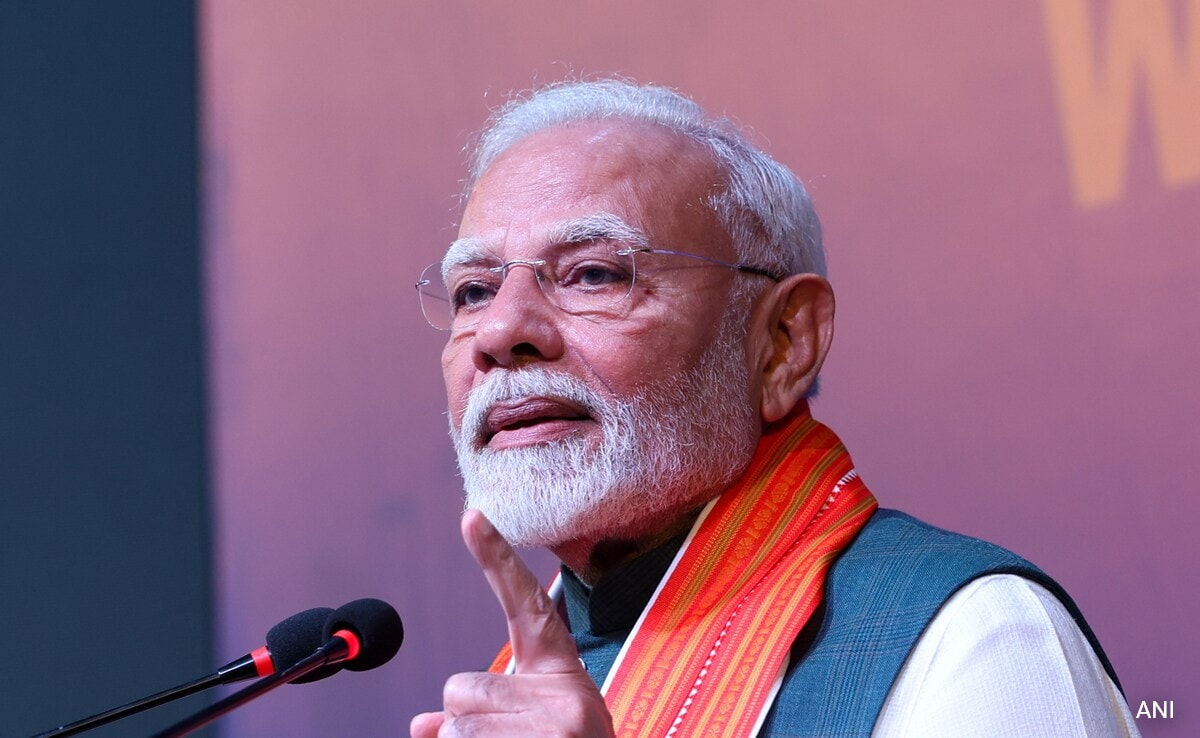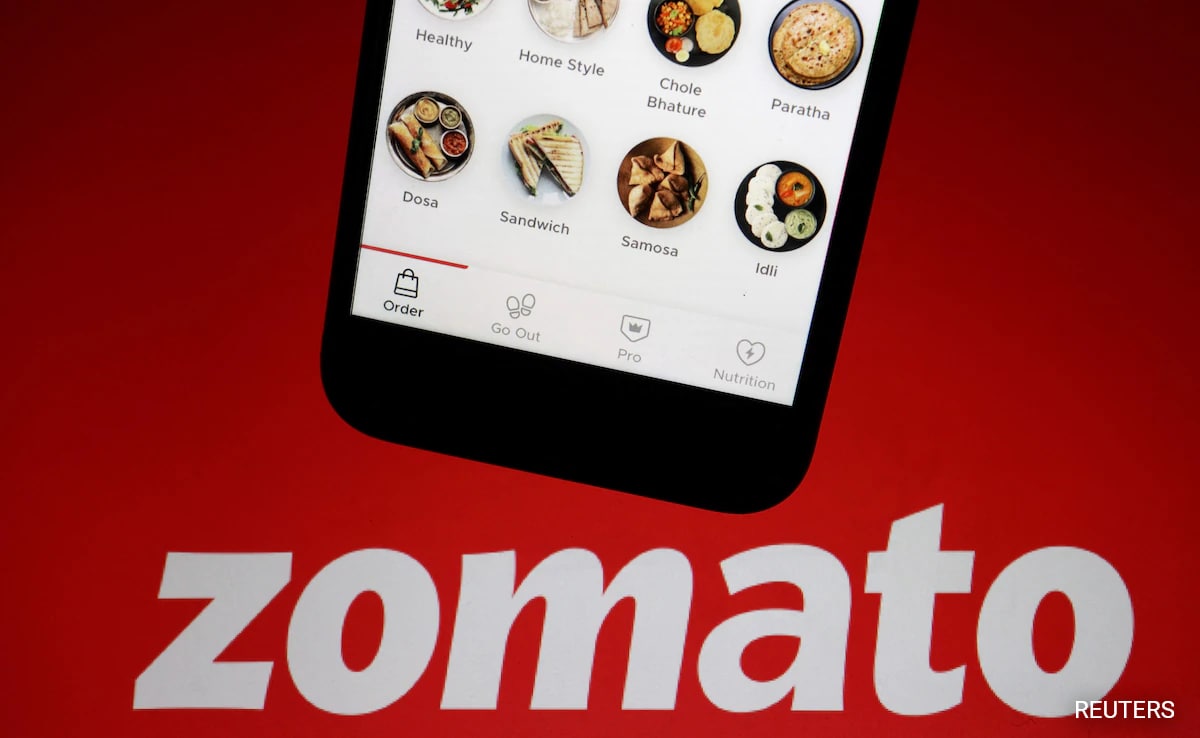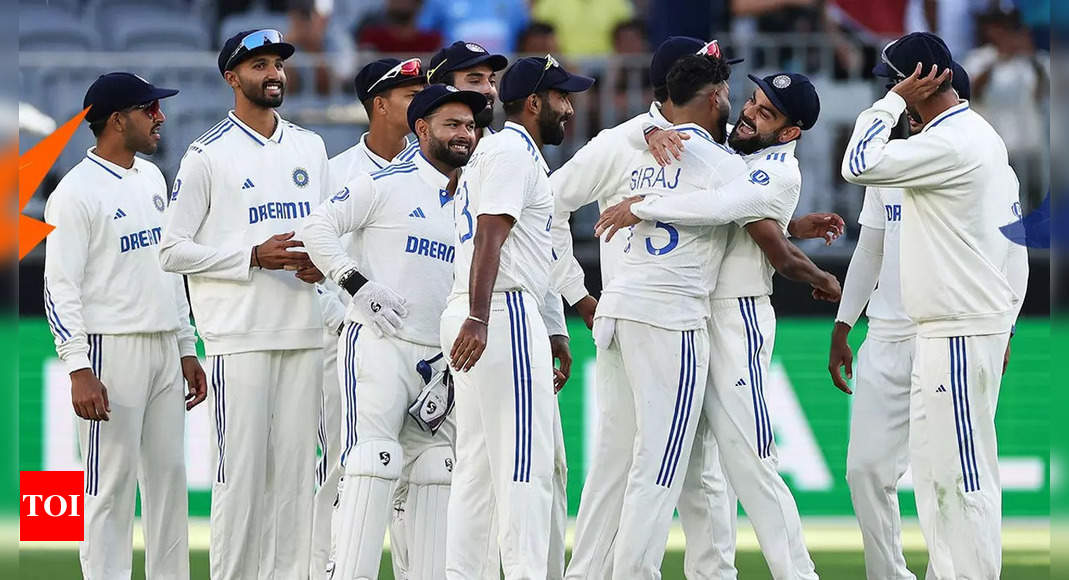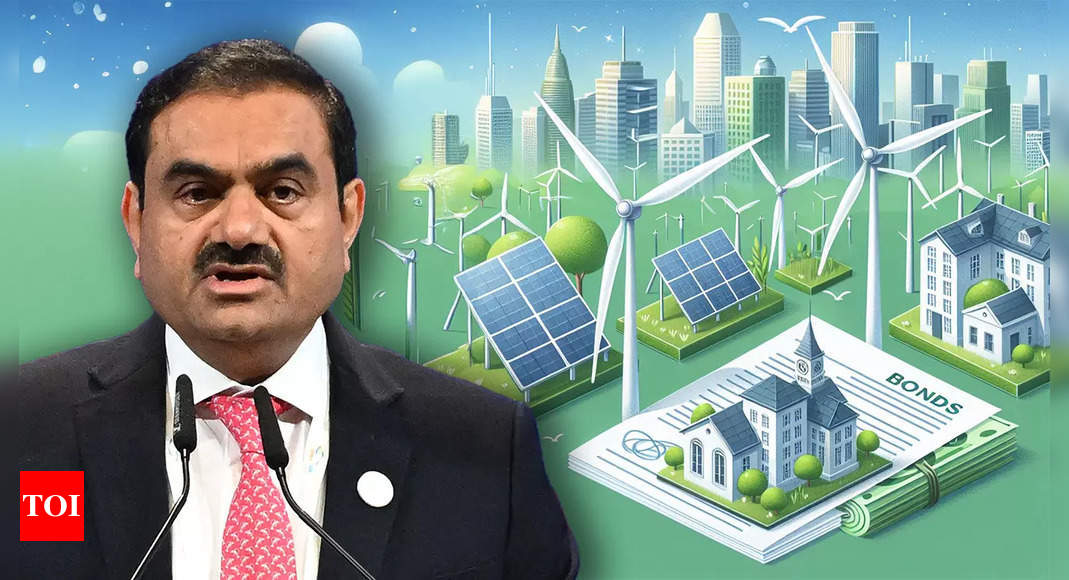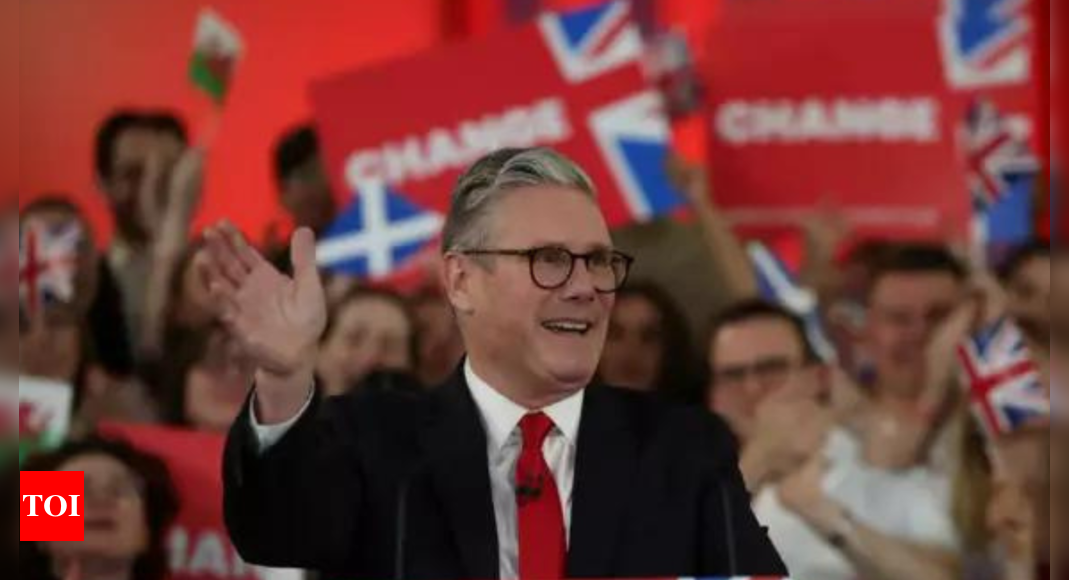
The UK‘s Labour Party secured a landslide victory in the July 4 general election, propelling Keir Starmer into the role of the country’s next prime minister. With 412 seats (+211), Starmer wasted no time, starting his day by reaching out to world leaders and assembling his ministerial team.
Starmer appointed 22 Labour MPs and peers to key cabinet positions, including a record 11 women. Rachel Reeves was appointed as the UK’s first woman finance minister, while David Lammy, following his election as the centre-left Labour’s first prime minister since Gordon Brown in 2010, was named foreign secretary, as reported by the BBC.
Shabana Mahmood was appointed as the country’s justice secretary, becoming only the second woman, after Liz Truss, to hold the position. Lucy Powell has also been appointed as the Leader of the House of Commons, responsible for delivering the government’s legislative agenda in close collaboration with the chief whip to manage Commons business, including motions and debates.
‘We will rebuild Britain’
Amid flag-waving crowds of cheering Labour activists along Downing Street, Starmer vowed to “rebuild” the UK after receiving the invitation from King Charles III to form a government during their meeting at Buckingham Palace.
“Now, our country has decisively voted for change, for national renewal, and a return of politics to public service,” said the 61-year-old in his inaugural speech as PM. “The work of change begins immediately, but rest assured, we will rebuild Britain… Brick by brick, we will reconstruct the infrastructure of opportunity.”
Starmer extended an invitation to the opposition to join his “government of service”. “With respect and humility, I invite you all to join this government in our mission of national renewal,” he added.
Starmer spoke to world leaders
In the immediate aftermath of his appointment, Starmer engaged in conversations with various world leaders. He reaffirmed London’s unwavering support for Kyiv in its conflict against invading Russian forces during his discussion with Ukrainian President Volodymyr Zelensky. Additionally, Starmer spoke with US President Joe Biden to reinforce the strong ties between their nations.
The prime minister also reached out to European Commission President Ursula von der Leyen, as well as the prime ministers of Canada, Italy, Ireland, and Poland, according to AFP, aiming to strengthen the UK’s relationships with key allies and partners. He emphasized the importance of unity within the United Kingdom in his exchanges with the leaders of the devolved governments in Scotland, Wales, and Northern Ireland.
During his conversation with von der Leyen, Starmer underscored the special bond shared by the UK and the European Union in addressing common challenges. German Chancellor Olaf Scholz expressed confidence in Starmer’s leadership, stating that he would be a “very good, very successful” prime minister during their telephone call.
World leaders reaction
World leaders’ reactions included Israel’s president, Isaac Herzog, expressing readiness to cooperate with the new British government amid ongoing conflict in Gaza, according to The Guardian. Herzog also conveyed his “deepest appreciation and gratitude” to outgoing Prime Minister Rishi Sunak for his leadership and support for the Israeli people during challenging times.
The election results contrasted with trends among Britain’s closest Western allies, with the far-right in France eyeing power and Donald Trump potentially returning to the United States.
Former President Trump congratulated his supporter Nigel Farage on winning a UK parliamentary seat after eight attempts but notably omitted mention of Starmer.
India also congratulated Starmer for being elected as the next PM and also thanked former prime minister Rishi Sunak.
PM Narendra Modi wished Starmer on the remarkable victory in the UK general elections. “I look forward to our positive and constructive collaboration to further strengthen the India-UK Comprehensive Strategic Partnership in all areas, fostering mutual growth and prosperity,” said in a tweet.
Assessing the Conservatives’ performance, Tim Bale, a politics professor at Queen Mary, University of London, noted a significant defeat but suggested the outcome was not as catastrophic as predicted. He emphasized the Tories’ need to strategize effectively for a comeback.
Meanwhile, Nigel Farage, a key figure in the Brexit movement, openly expressed ambitions to lead the Conservative Party, particularly after securing a decisive victory in Clacton, Eastern England. “There is a massive gap on the centre-right of British politics, and my role is to fill it,” Farage declared, emphasizing his determination to reshape the political landscape and exert influence within the party.
Starmer appointed 22 Labour MPs and peers to key cabinet positions, including a record 11 women. Rachel Reeves was appointed as the UK’s first woman finance minister, while David Lammy, following his election as the centre-left Labour’s first prime minister since Gordon Brown in 2010, was named foreign secretary, as reported by the BBC.
Shabana Mahmood was appointed as the country’s justice secretary, becoming only the second woman, after Liz Truss, to hold the position. Lucy Powell has also been appointed as the Leader of the House of Commons, responsible for delivering the government’s legislative agenda in close collaboration with the chief whip to manage Commons business, including motions and debates.
‘We will rebuild Britain’
Amid flag-waving crowds of cheering Labour activists along Downing Street, Starmer vowed to “rebuild” the UK after receiving the invitation from King Charles III to form a government during their meeting at Buckingham Palace.
“Now, our country has decisively voted for change, for national renewal, and a return of politics to public service,” said the 61-year-old in his inaugural speech as PM. “The work of change begins immediately, but rest assured, we will rebuild Britain… Brick by brick, we will reconstruct the infrastructure of opportunity.”
Starmer extended an invitation to the opposition to join his “government of service”. “With respect and humility, I invite you all to join this government in our mission of national renewal,” he added.
Starmer spoke to world leaders
In the immediate aftermath of his appointment, Starmer engaged in conversations with various world leaders. He reaffirmed London’s unwavering support for Kyiv in its conflict against invading Russian forces during his discussion with Ukrainian President Volodymyr Zelensky. Additionally, Starmer spoke with US President Joe Biden to reinforce the strong ties between their nations.
The prime minister also reached out to European Commission President Ursula von der Leyen, as well as the prime ministers of Canada, Italy, Ireland, and Poland, according to AFP, aiming to strengthen the UK’s relationships with key allies and partners. He emphasized the importance of unity within the United Kingdom in his exchanges with the leaders of the devolved governments in Scotland, Wales, and Northern Ireland.
During his conversation with von der Leyen, Starmer underscored the special bond shared by the UK and the European Union in addressing common challenges. German Chancellor Olaf Scholz expressed confidence in Starmer’s leadership, stating that he would be a “very good, very successful” prime minister during their telephone call.
World leaders reaction
World leaders’ reactions included Israel’s president, Isaac Herzog, expressing readiness to cooperate with the new British government amid ongoing conflict in Gaza, according to The Guardian. Herzog also conveyed his “deepest appreciation and gratitude” to outgoing Prime Minister Rishi Sunak for his leadership and support for the Israeli people during challenging times.
The election results contrasted with trends among Britain’s closest Western allies, with the far-right in France eyeing power and Donald Trump potentially returning to the United States.
Former President Trump congratulated his supporter Nigel Farage on winning a UK parliamentary seat after eight attempts but notably omitted mention of Starmer.
India also congratulated Starmer for being elected as the next PM and also thanked former prime minister Rishi Sunak.
PM Narendra Modi wished Starmer on the remarkable victory in the UK general elections. “I look forward to our positive and constructive collaboration to further strengthen the India-UK Comprehensive Strategic Partnership in all areas, fostering mutual growth and prosperity,” said in a tweet.
Assessing the Conservatives’ performance, Tim Bale, a politics professor at Queen Mary, University of London, noted a significant defeat but suggested the outcome was not as catastrophic as predicted. He emphasized the Tories’ need to strategize effectively for a comeback.
Meanwhile, Nigel Farage, a key figure in the Brexit movement, openly expressed ambitions to lead the Conservative Party, particularly after securing a decisive victory in Clacton, Eastern England. “There is a massive gap on the centre-right of British politics, and my role is to fill it,” Farage declared, emphasizing his determination to reshape the political landscape and exert influence within the party.




